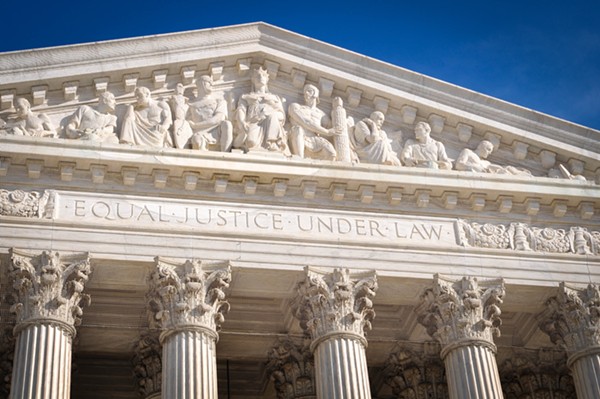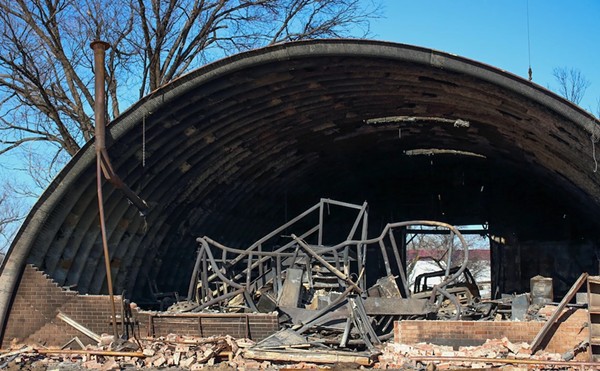The Supreme Court Will Take Up Texas Redistricting Case
By Lyanne A. Guarecuco on Fri, Jan 12, 2018 at 4:45 pm
The United States Supreme Court has decided to take on the Texas case which could potentially determine whether the state’s congressional and state House maps were drawn to intentionally discriminate against people of color.
The Supreme Court announced their decision on Friday to hear the consolidated case on Texas’ voting maps. Previously, there were two separate cases: One for the state's congressional map, and one for the Texas House map.
The move could signal the Supreme Court's dissent from lower-court opinions, which have ruled the districts are discriminatory — or, it could mean the high court wants to definitively opine on the seven-year, controversial legal battle surrounding Texas voting rights. Either way, we'll have to wait and see.
Nina Perales, vice president of litigation for the Mexican American Legal Defense Fund and lead counsel for the Texas Latino Redistricting Task Force in the case, called the decision a "mixed result."
"Although we would have preferred the Supreme Court to let the cases proceed below to a remedy, we are heartened by the decision of the Supreme Court to leave open the question of its jurisdiction," Perales said in a statement.
Texas Attorney General Ken Paxton "applauded" the Supreme Court's decision, adding that the state is "eager for the chance to present our case before the Supreme Court" in a statement.
Last year, a three-judge panel in San Antonio ruled that two congressional districts (including San Antonio Congressman Lloyd Doggett's) and nine House districts were crafted to suppress Latino voters, and that the districts would need to be redrawn. The ruling came with a three-day deadline for Governor Abbott to call a special session to address the maps — Paxton appealed the ruling to the Supreme Court, which then halted the lower-court ruling while they looked into the case.
This comes after years of controversy and litigation surrounding the district maps, which were first legally challenged in 2011 after the Texas Legislature drafted new state and congressional districts to keep up with the state’s quickly expanding population. After a San Antonio court ruled both congressional and state House maps drawn in 2011 were "intentionally discriminatory," the court ordered lawmakers to tweak the maps in 2013, which have since been used in elections — a fix that has been criticized for carrying over some of the discriminatory elements of the 2011 maps.
"This longstanding case needs to reach closure, not just to secure appropriate permanent remedies for egregious violations of the Voting Rights Act, but to provide guidance for the next round of redistricting in 2021 when Latinos will once more account for increased congressional representation in Texas and other states," Thomas A. Saenz, MALDEF president and general counsel, said in a statement.
A hearing date for the case has yet to be set.

KEEP SA CURRENT!
Since 1986, the SA Current has served as the free, independent voice of San Antonio, and we want to keep it that way.
Becoming an SA Current Supporter for as little as $5 a month allows us to continue offering readers access to our coverage of local news, food, nightlife, events, and culture with no paywalls.
Scroll to read more San Antonio News articles
Newsletters
Join SA Current Newsletters
Subscribe now to get the latest news delivered right to your inbox.

















